TRUCKERS STRUGGLE AMID SOARING FUEL COSTS
입력 2022.06.21 (15:19)
수정 2022.06.21 (16:45)
읽어주기 기능은 크롬기반의
브라우저에서만 사용하실 수 있습니다.
[Anchor Lead]
Skyrocketing fuel costs have further rised in recent weeks and as a result, drivers of cargo trucks which run on diesel are greatly distressed. As the government lowered the fuel tax in a bid to stabilize prices, truck drivers are said to be receiving smaller subsidies.
[Pkg]
At this Seobu Truck Terminal in Seoul... Cargo truckers express their frustration over surging diesel prices.
[Soundbite] (Cargo Trucker) : "I can’t give up driving so I begrudgingly continue on despite high prices. I can’t let my truck stand idle."
In fact, the price of diesel has been setting new highs in recent days. There are some 3.4 million lorries nationwide that run on diesel. The government is taking measures such as an expanded fuel tax cut but concerns have not yet been alleviated.
[Soundbite] (Cargo Trucker) : "The gov’t has laid out a number of measures but fuel prices are just too high. Companies haven’t raised freight charges either."
The tax reduction has rather subsequently reduced the amount of fuel subsidies truckers receive from the government. This is because fuel taxes and fuel subsidies are interconnected. The current 30% tax cut has brought down subsidies by half. If the tax cut is expanded to 37% as the government announced on Monday, the subsidy amount will then drop to less than half of what it used to be before tax cuts were introduced.
[Soundbite] Gang Jae-joo(Cargo Trucker) : "When diesel cost 1,300-1,400 won per liter, a trip to Busan cost about 400,000 won and I received 110,000 won in subsidies. These days, it costs more than 600,000 won and I only get a discount of 100,000 won."
In order to address this concern, the government adopted a new scheme last month under which the barometer for subsidy provision will be lowered from the current 1,750 won per liter to 1,700 won, starting next month. For instance, if diesel prices stand at 2,100 won per liter, which is 400 won higher than 1,700 won, truck drivers will receive half that difference, that is 200 won in subsidies. However if we compare the original subsidy which takes a hit when the fuel tax cut is expanded to 37%, and the new rule which increases subsidies from next month, drivers would still receive a smaller payment in total. Remaining policy options include cutting tariffs on crude oil imports. Finance minister Choo Kyung-ho said the government will further observe the situation before deciding on other measures.
Skyrocketing fuel costs have further rised in recent weeks and as a result, drivers of cargo trucks which run on diesel are greatly distressed. As the government lowered the fuel tax in a bid to stabilize prices, truck drivers are said to be receiving smaller subsidies.
[Pkg]
At this Seobu Truck Terminal in Seoul... Cargo truckers express their frustration over surging diesel prices.
[Soundbite] (Cargo Trucker) : "I can’t give up driving so I begrudgingly continue on despite high prices. I can’t let my truck stand idle."
In fact, the price of diesel has been setting new highs in recent days. There are some 3.4 million lorries nationwide that run on diesel. The government is taking measures such as an expanded fuel tax cut but concerns have not yet been alleviated.
[Soundbite] (Cargo Trucker) : "The gov’t has laid out a number of measures but fuel prices are just too high. Companies haven’t raised freight charges either."
The tax reduction has rather subsequently reduced the amount of fuel subsidies truckers receive from the government. This is because fuel taxes and fuel subsidies are interconnected. The current 30% tax cut has brought down subsidies by half. If the tax cut is expanded to 37% as the government announced on Monday, the subsidy amount will then drop to less than half of what it used to be before tax cuts were introduced.
[Soundbite] Gang Jae-joo(Cargo Trucker) : "When diesel cost 1,300-1,400 won per liter, a trip to Busan cost about 400,000 won and I received 110,000 won in subsidies. These days, it costs more than 600,000 won and I only get a discount of 100,000 won."
In order to address this concern, the government adopted a new scheme last month under which the barometer for subsidy provision will be lowered from the current 1,750 won per liter to 1,700 won, starting next month. For instance, if diesel prices stand at 2,100 won per liter, which is 400 won higher than 1,700 won, truck drivers will receive half that difference, that is 200 won in subsidies. However if we compare the original subsidy which takes a hit when the fuel tax cut is expanded to 37%, and the new rule which increases subsidies from next month, drivers would still receive a smaller payment in total. Remaining policy options include cutting tariffs on crude oil imports. Finance minister Choo Kyung-ho said the government will further observe the situation before deciding on other measures.
■ 제보하기
▷ 카카오톡 : 'KBS제보' 검색, 채널 추가
▷ 전화 : 02-781-1234, 4444
▷ 이메일 : kbs1234@kbs.co.kr
▷ 유튜브, 네이버, 카카오에서도 KBS뉴스를 구독해주세요!
- TRUCKERS STRUGGLE AMID SOARING FUEL COSTS
-
- 입력 2022-06-21 15:19:42
- 수정2022-06-21 16:45:08
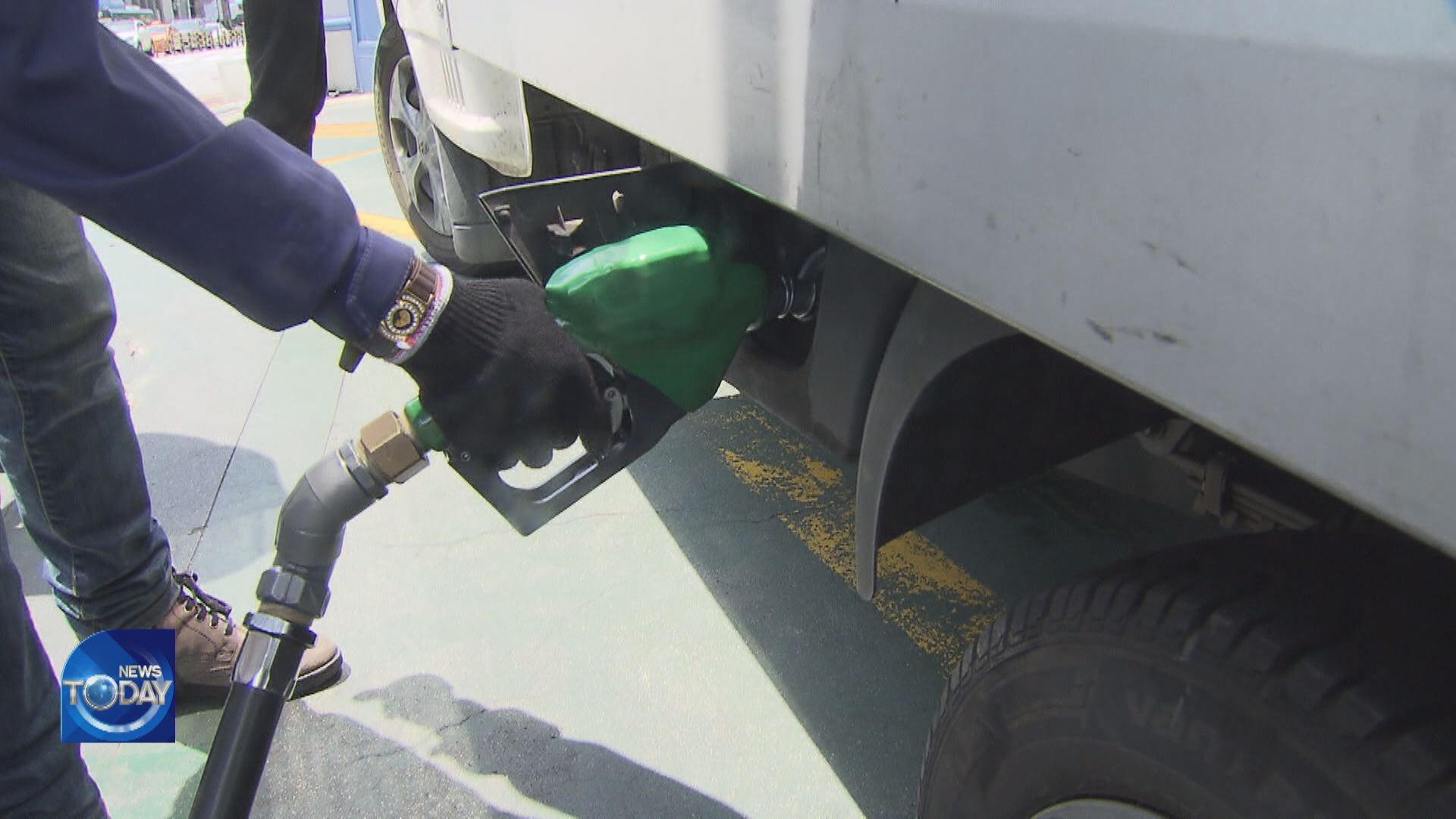
[Anchor Lead]
Skyrocketing fuel costs have further rised in recent weeks and as a result, drivers of cargo trucks which run on diesel are greatly distressed. As the government lowered the fuel tax in a bid to stabilize prices, truck drivers are said to be receiving smaller subsidies.
[Pkg]
At this Seobu Truck Terminal in Seoul... Cargo truckers express their frustration over surging diesel prices.
[Soundbite] (Cargo Trucker) : "I can’t give up driving so I begrudgingly continue on despite high prices. I can’t let my truck stand idle."
In fact, the price of diesel has been setting new highs in recent days. There are some 3.4 million lorries nationwide that run on diesel. The government is taking measures such as an expanded fuel tax cut but concerns have not yet been alleviated.
[Soundbite] (Cargo Trucker) : "The gov’t has laid out a number of measures but fuel prices are just too high. Companies haven’t raised freight charges either."
The tax reduction has rather subsequently reduced the amount of fuel subsidies truckers receive from the government. This is because fuel taxes and fuel subsidies are interconnected. The current 30% tax cut has brought down subsidies by half. If the tax cut is expanded to 37% as the government announced on Monday, the subsidy amount will then drop to less than half of what it used to be before tax cuts were introduced.
[Soundbite] Gang Jae-joo(Cargo Trucker) : "When diesel cost 1,300-1,400 won per liter, a trip to Busan cost about 400,000 won and I received 110,000 won in subsidies. These days, it costs more than 600,000 won and I only get a discount of 100,000 won."
In order to address this concern, the government adopted a new scheme last month under which the barometer for subsidy provision will be lowered from the current 1,750 won per liter to 1,700 won, starting next month. For instance, if diesel prices stand at 2,100 won per liter, which is 400 won higher than 1,700 won, truck drivers will receive half that difference, that is 200 won in subsidies. However if we compare the original subsidy which takes a hit when the fuel tax cut is expanded to 37%, and the new rule which increases subsidies from next month, drivers would still receive a smaller payment in total. Remaining policy options include cutting tariffs on crude oil imports. Finance minister Choo Kyung-ho said the government will further observe the situation before deciding on other measures.
Skyrocketing fuel costs have further rised in recent weeks and as a result, drivers of cargo trucks which run on diesel are greatly distressed. As the government lowered the fuel tax in a bid to stabilize prices, truck drivers are said to be receiving smaller subsidies.
[Pkg]
At this Seobu Truck Terminal in Seoul... Cargo truckers express their frustration over surging diesel prices.
[Soundbite] (Cargo Trucker) : "I can’t give up driving so I begrudgingly continue on despite high prices. I can’t let my truck stand idle."
In fact, the price of diesel has been setting new highs in recent days. There are some 3.4 million lorries nationwide that run on diesel. The government is taking measures such as an expanded fuel tax cut but concerns have not yet been alleviated.
[Soundbite] (Cargo Trucker) : "The gov’t has laid out a number of measures but fuel prices are just too high. Companies haven’t raised freight charges either."
The tax reduction has rather subsequently reduced the amount of fuel subsidies truckers receive from the government. This is because fuel taxes and fuel subsidies are interconnected. The current 30% tax cut has brought down subsidies by half. If the tax cut is expanded to 37% as the government announced on Monday, the subsidy amount will then drop to less than half of what it used to be before tax cuts were introduced.
[Soundbite] Gang Jae-joo(Cargo Trucker) : "When diesel cost 1,300-1,400 won per liter, a trip to Busan cost about 400,000 won and I received 110,000 won in subsidies. These days, it costs more than 600,000 won and I only get a discount of 100,000 won."
In order to address this concern, the government adopted a new scheme last month under which the barometer for subsidy provision will be lowered from the current 1,750 won per liter to 1,700 won, starting next month. For instance, if diesel prices stand at 2,100 won per liter, which is 400 won higher than 1,700 won, truck drivers will receive half that difference, that is 200 won in subsidies. However if we compare the original subsidy which takes a hit when the fuel tax cut is expanded to 37%, and the new rule which increases subsidies from next month, drivers would still receive a smaller payment in total. Remaining policy options include cutting tariffs on crude oil imports. Finance minister Choo Kyung-ho said the government will further observe the situation before deciding on other measures.
이 기사가 좋으셨다면
-
좋아요
0
-
응원해요
0
-
후속 원해요
0










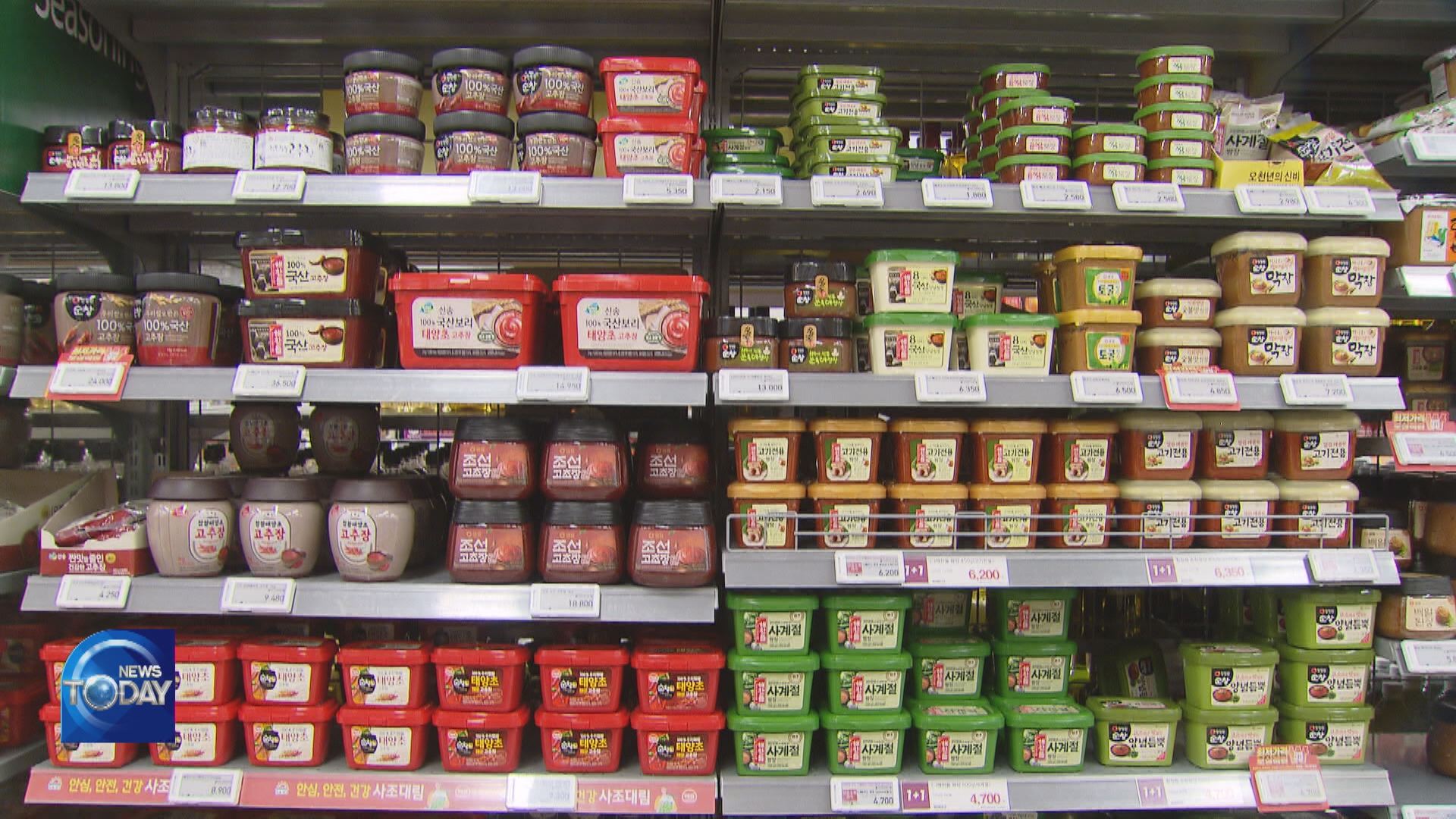
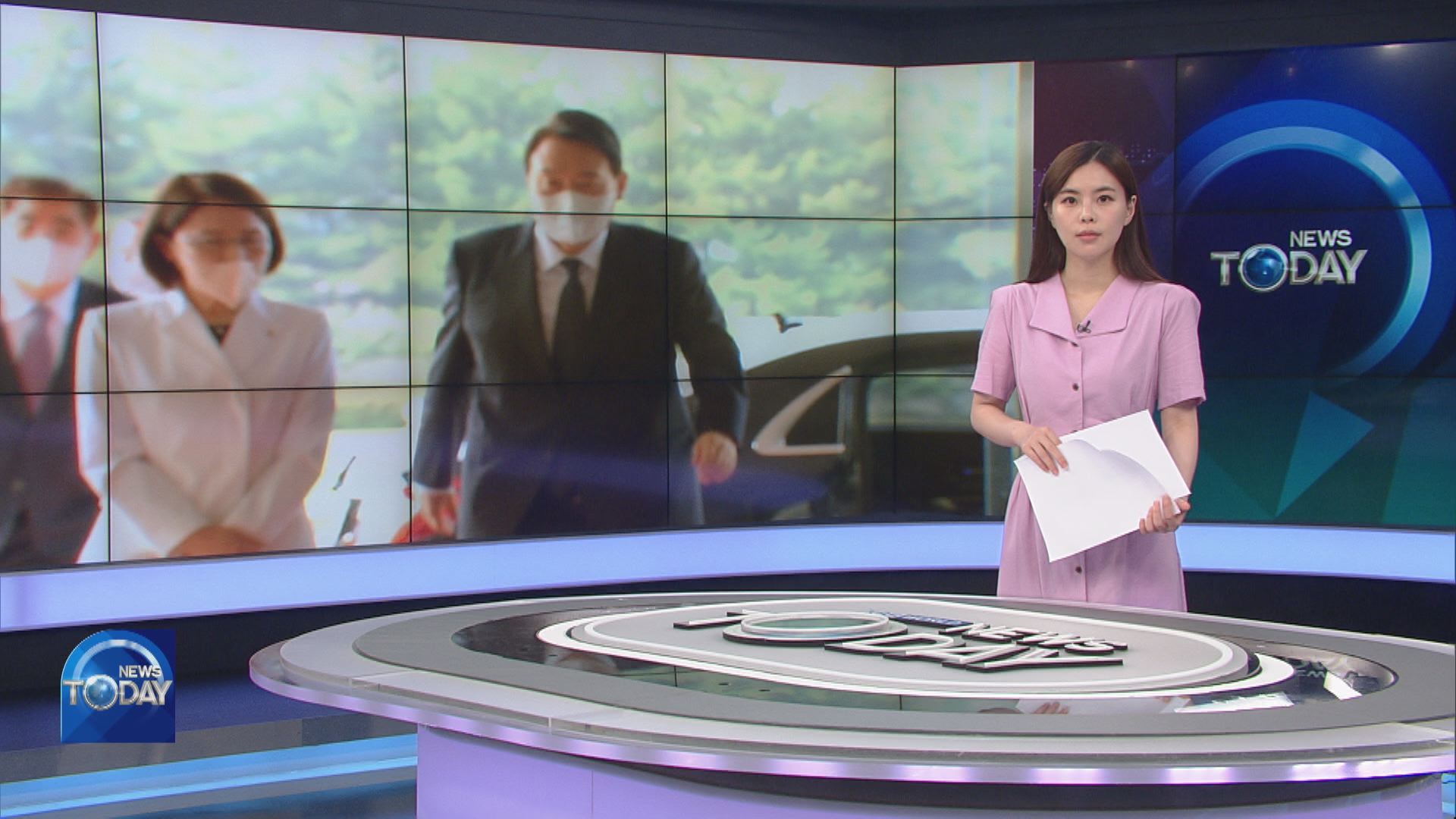
![[단독] “윤석열·김용현 등 공모해 군사상 이익 해쳐”<br>…외환죄 대신 일반이적죄 적용](/data/layer/904/2025/07/20250714_3VTJV3.jpg)
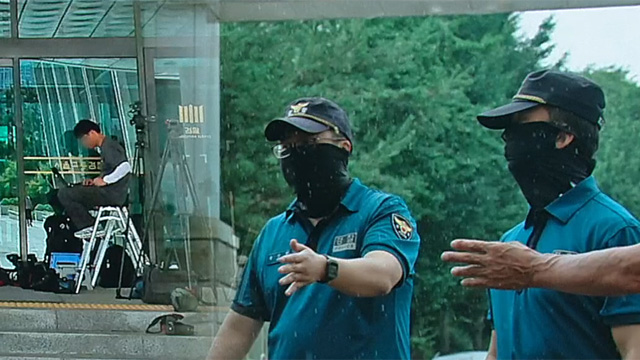
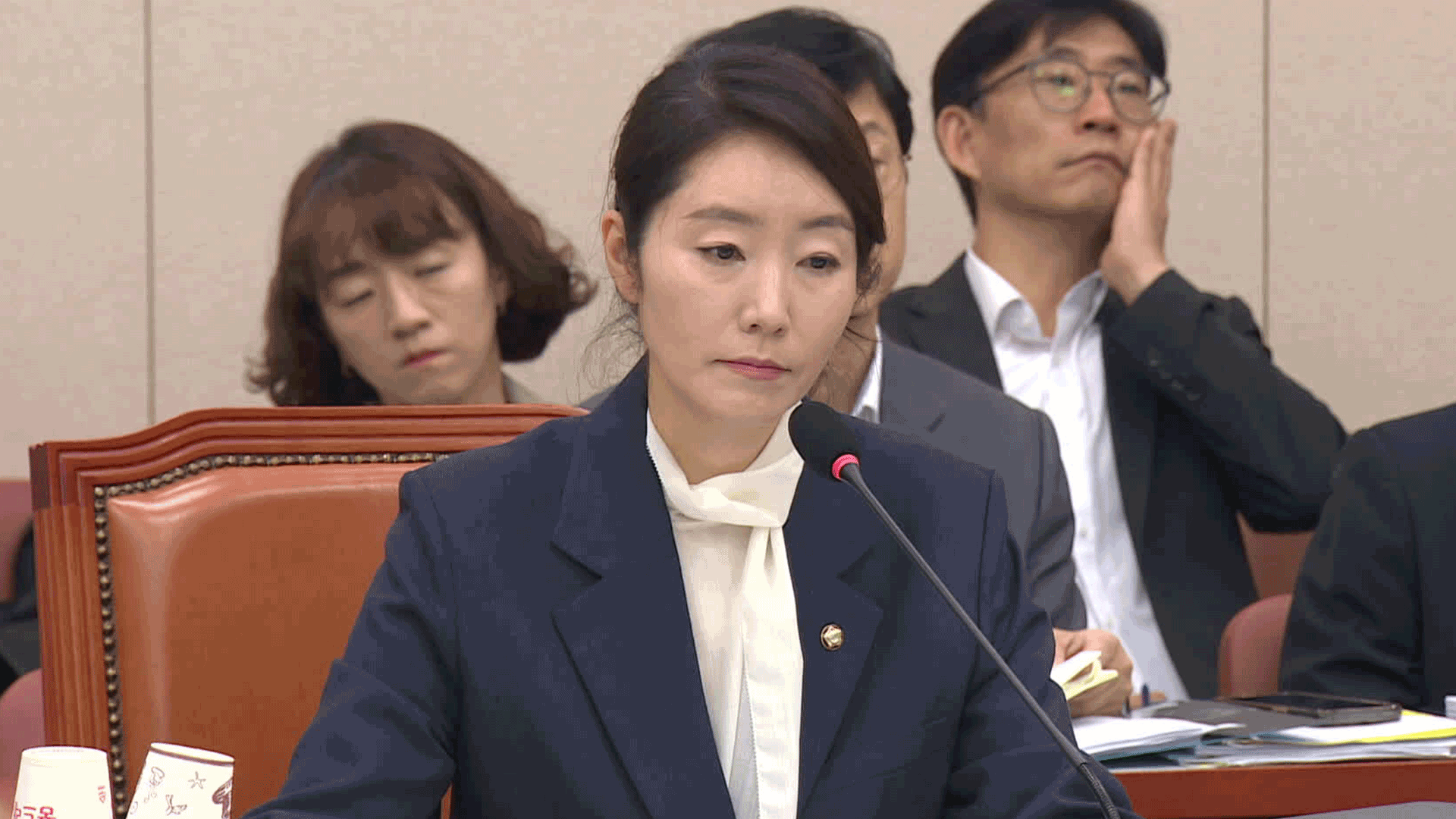
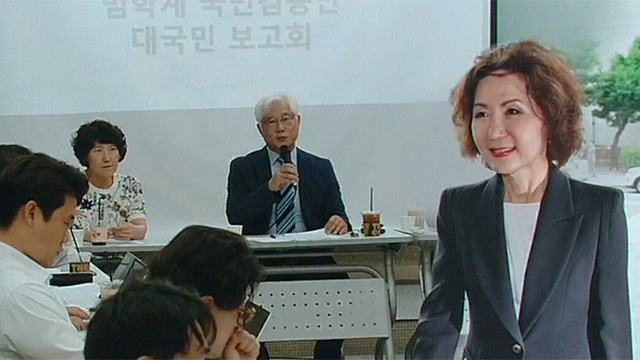

이 기사에 대한 의견을 남겨주세요.